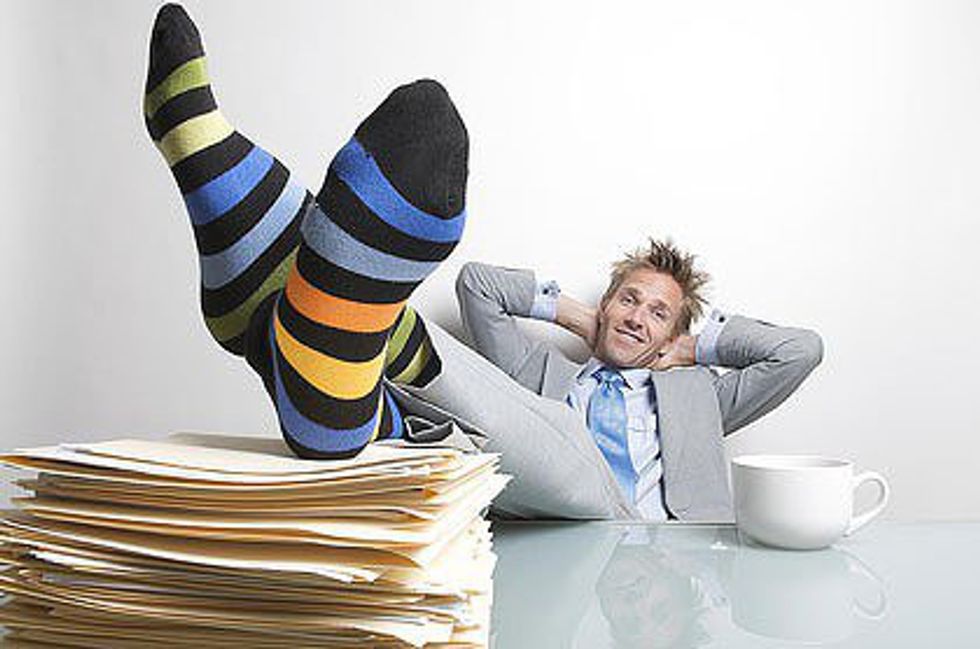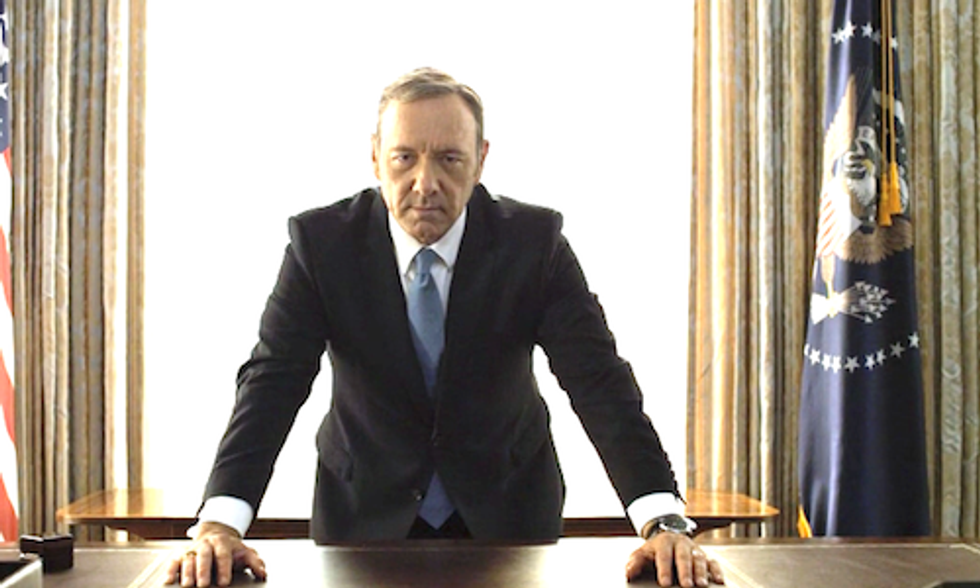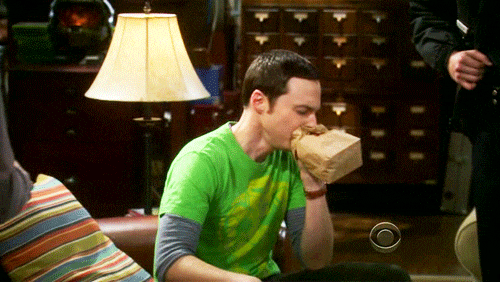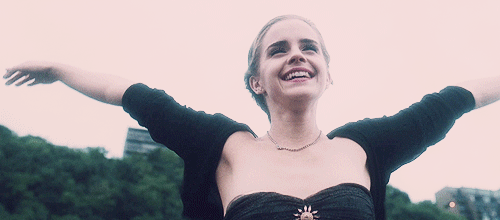A Harvard study has revealed that using power poses and increasing the space that your body occupies before a social situation, where someone is more powerful than you are, can help you increase “feelings of power and dominance, risk-taking behavior, action orientation, pain tolerance, and testosterone (the dominance hormone), while reducing stress, anxiety, and cortisol” (Cuddy, Wilmuth & Carney, 2012). In her experiment, one group of people adopted power poses before a mock interview and another group adopted lower poses (like hunching) before the interview. Those who followed a power pose preparation presented a higher rating than the people with lower poses preparation. Therefore, if you have an interview coming up, or a school presentation that you need to prepare for, practice funneling your inner super hero to keep your energy levels and confidence high.
Don’t know how to power pose? Here are a few tips and tricks:
Super Hero. Stand in front of a mirror and strike a wonder woman pose for at least 30 seconds. Kudos for doing it where people CAN see you (although doing it in the privacy of your closet mirror will work too).
Kick it Back. If you have an office space, bring your feet up and relax for 1 minute.
Be In Charge. Channel your inner President Underwood and use a desk or a table to impose yourself for at least 30 seconds.
Occupy Space. You are a champion, celebrate the victory by raising your arms into the air, even before the race starts.
Remember that the success of your interview or presentation does not rely solely on your power pose preparation. Having a healthy lifestyle, with a good night's sleep, a protein-packed breakfast, and a workout can all help you be more energetic and confident when it comes to high stake social situations. Do your due diligence and research, so that when the time comes you are informed and knowledgeable about the topic you are presenting. Knowledge is Power.
Reference:
Cuddy, Amy J.C., Caroline A. Wilmuth, and Dana R. Carney. "The Benefit of Power Posing Before a High-Stakes Social Evaluation." Harvard Business School Working Paper, No. 13-027, September 2012.


























